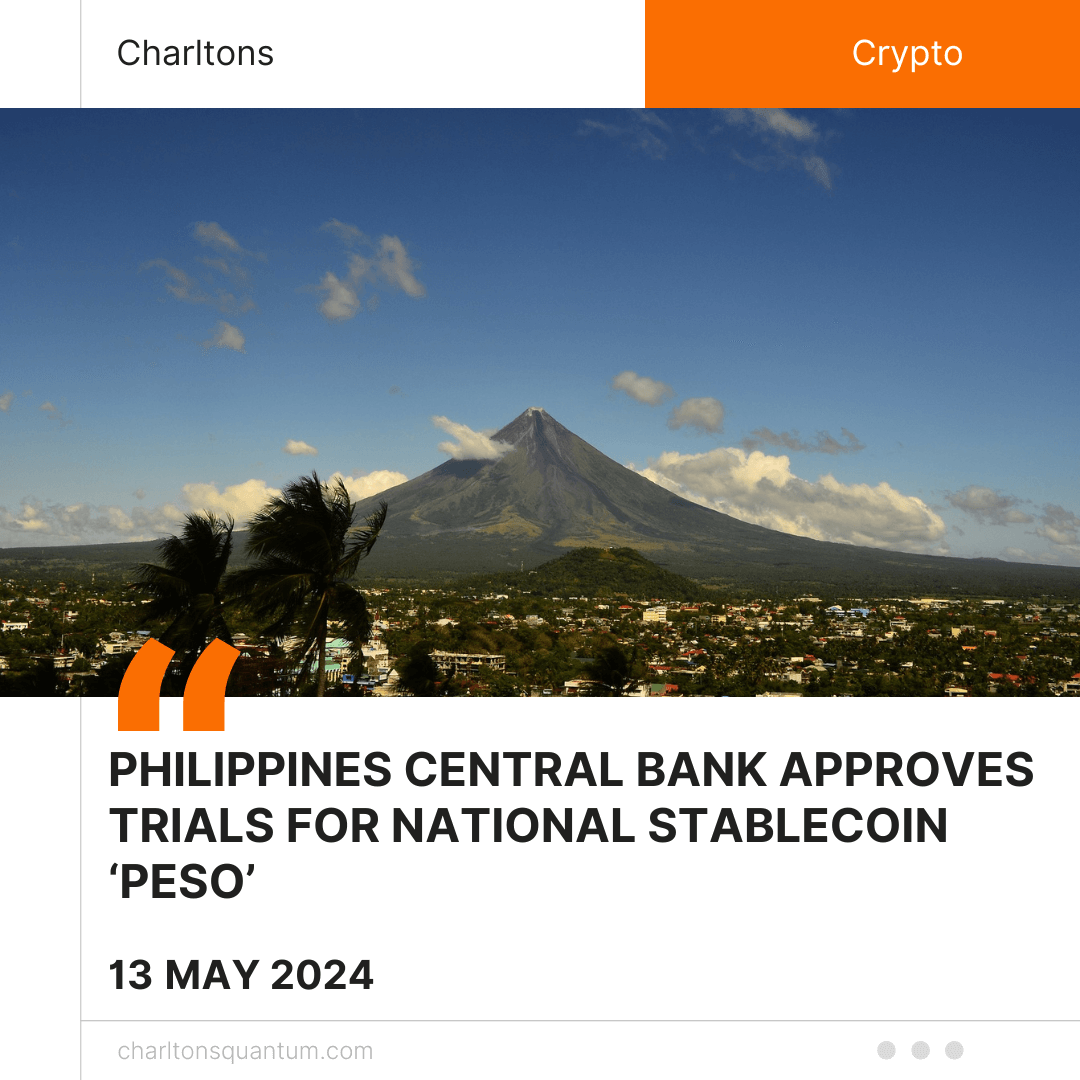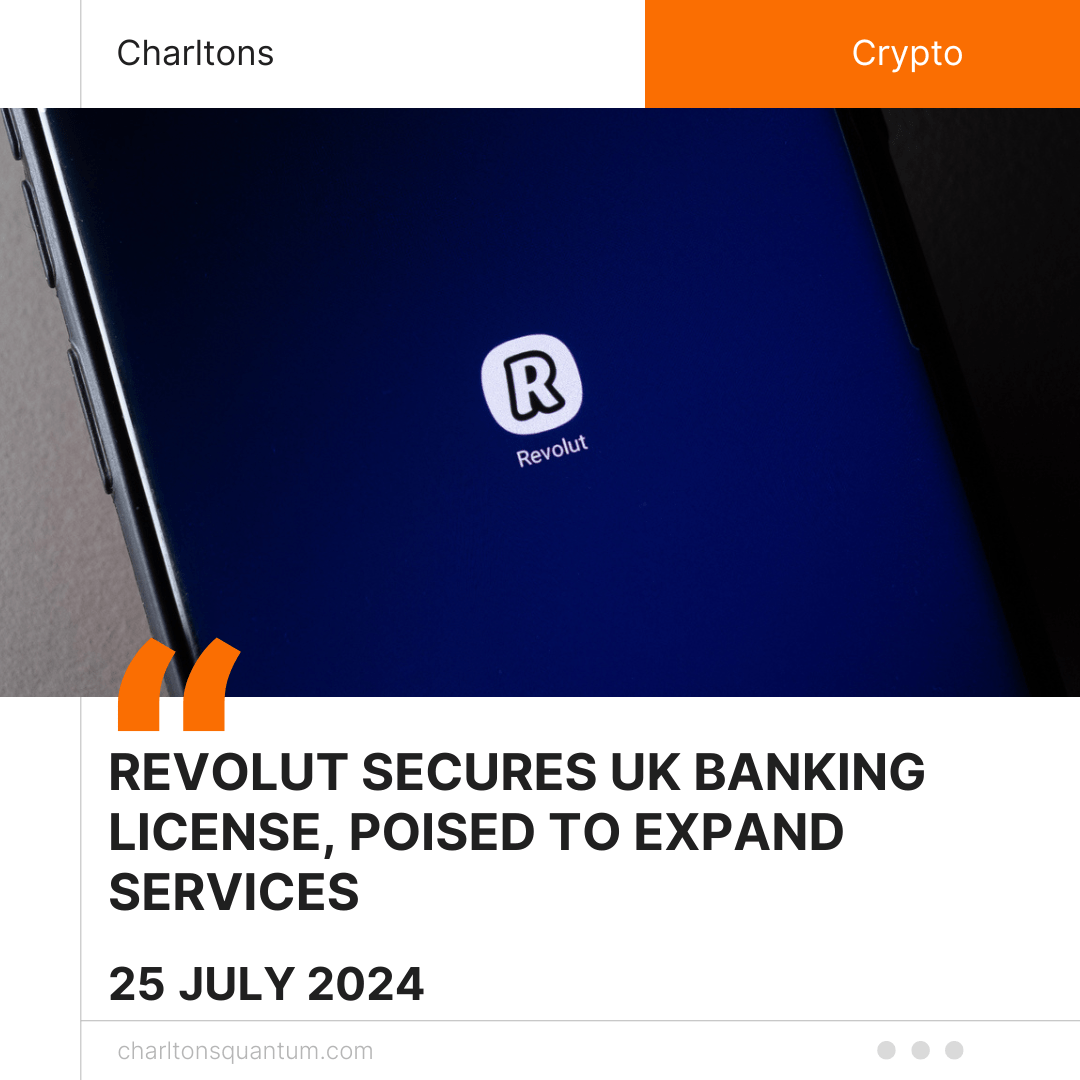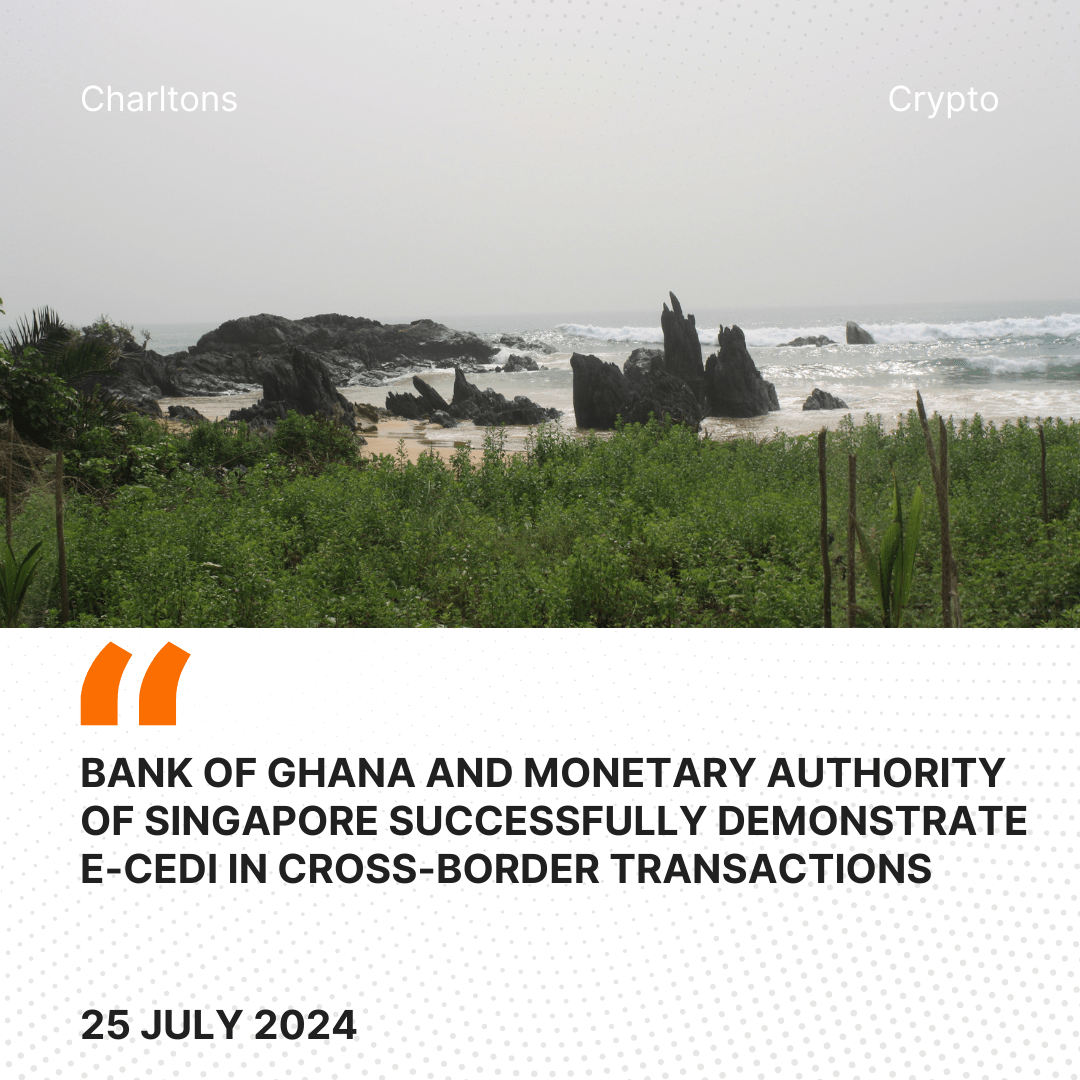
The Philippines central bank, Bangko Sentral ng Pilipinas (BSP), has given the green light for controlled trials of a national stablecoin pegged 1:1 to the local peso.
In collaboration with crypto wallet provider Coins.ph, the BSP aims to explore the potential of a digital currency tied to the country’s fiat currency, according to a recent announcement.
The pilot project for the Philippine peso-backed stablecoin, known as PHPC, has been approved under the BSP’s Regulatory Sandbox Framework.
Coins.ph will maintain cash reserves in pesos equivalent to the circulating supply of the PHPC stablecoin within the sandbox environment.
The primary objective of pegging the stablecoin to the local currency is to facilitate a seamless transition between PHPC and physical fiat currencies.
The upcoming sandbox testing phase will serve as a real-world trial of the PHPC stablecoin and its impact on the local fiat ecosystem.
PHPC is anticipated to have various potential applications, including domestic and cross-border payments, trading with other virtual assets, hedging against market volatility, and providing collateral and liquidity in decentralized finance (DeFi) applications.
The results of the trials will play a crucial role in determining the stablecoin’s readiness for broader adoption, subject to final evaluations and approvals by the central bank.
Previous Initiatives and Regulatory Developments
UnionBank, a local commercial bank, introduced a payments-focused stablecoin called PHX in July 2019 as part of efforts to promote financial inclusion and support the BSP’s digital financial inclusion agenda.
The Philippines’ securities regulator is set to unveil a regulatory framework for crypto assets and trading by the latter half of 2024, prioritizing investor protection.
Last month, the SEC pursued removing Binance-linked applications from Apple and Google app stores in the Philippines, citing threats to the security of investors’ funds.





